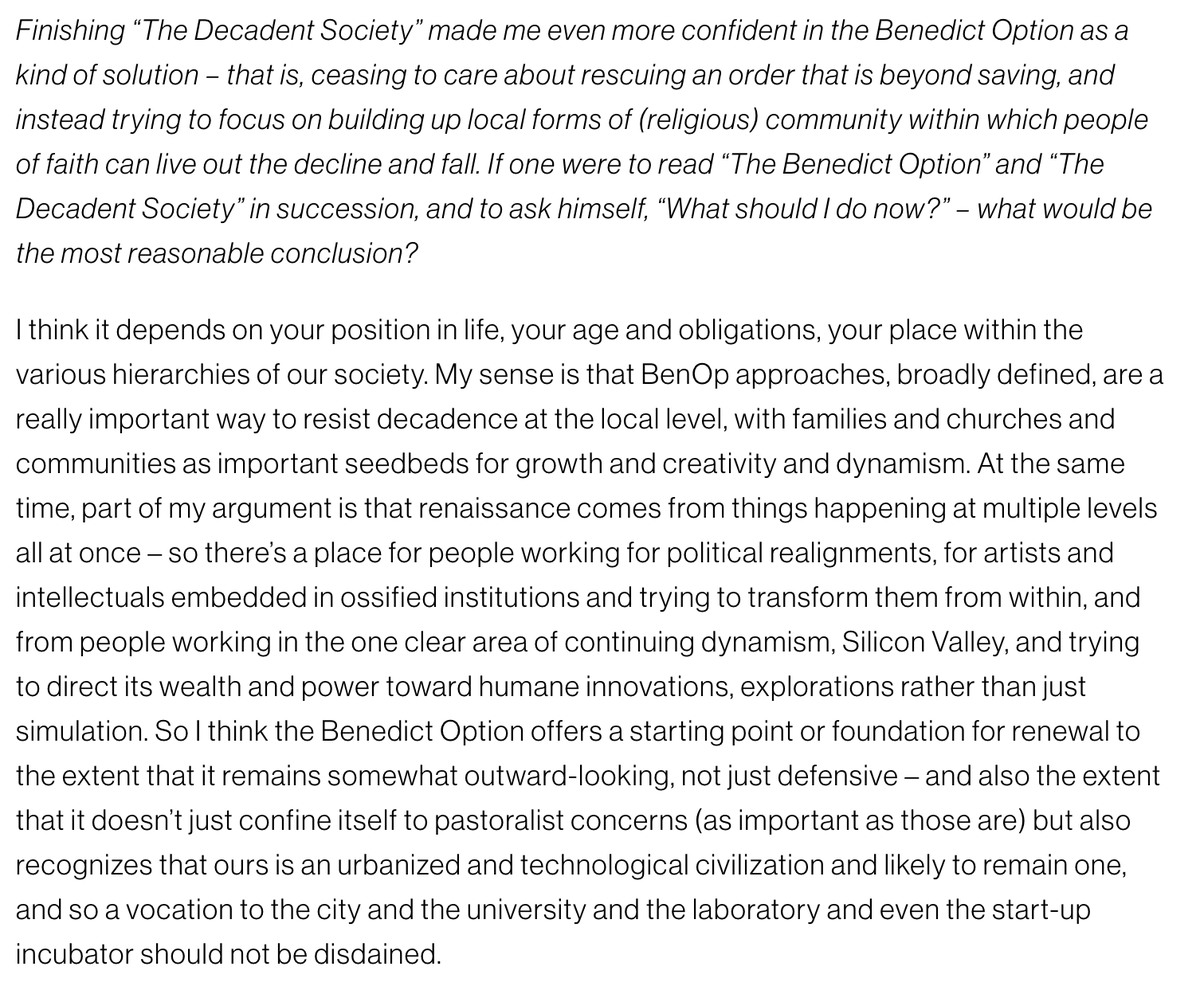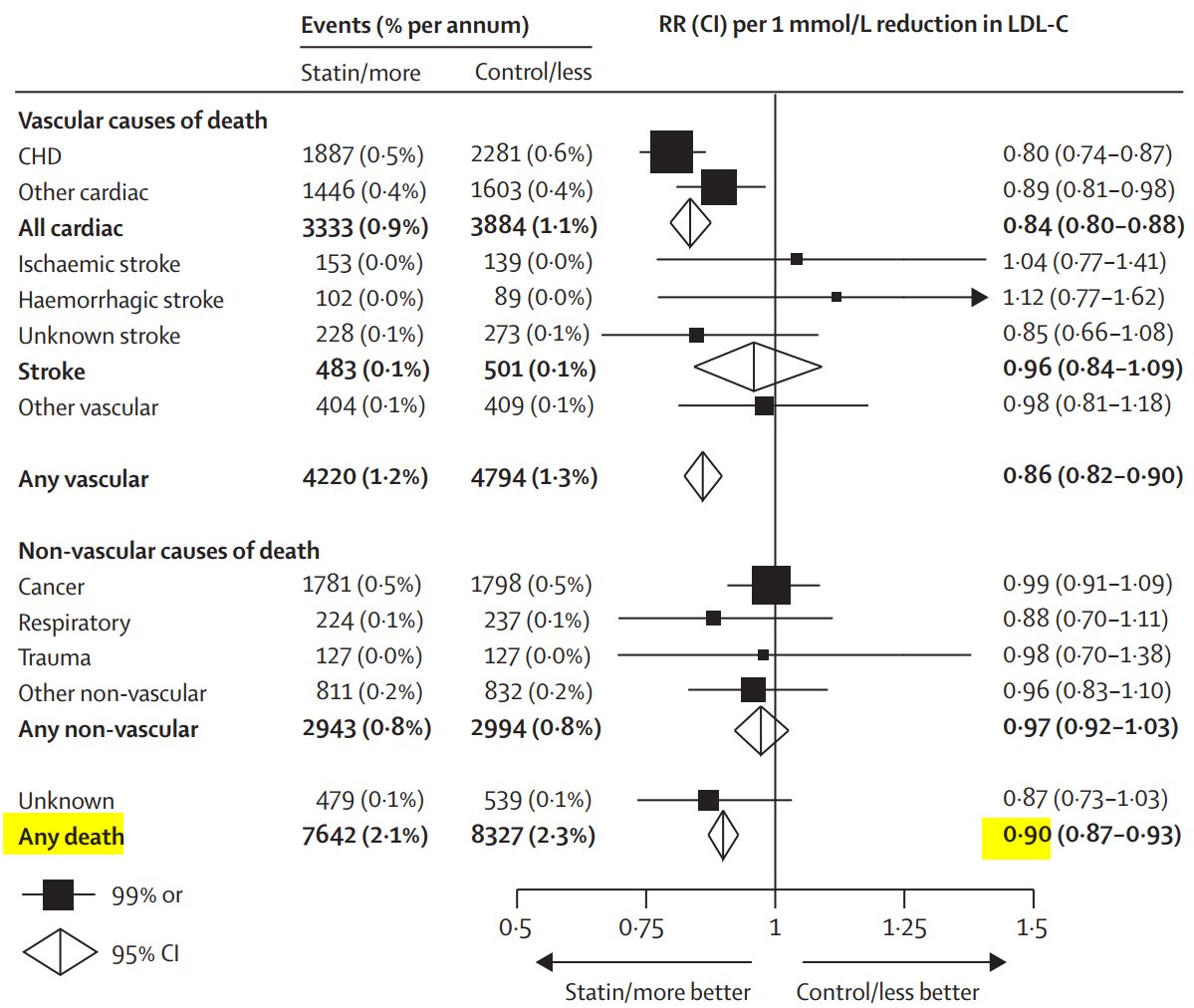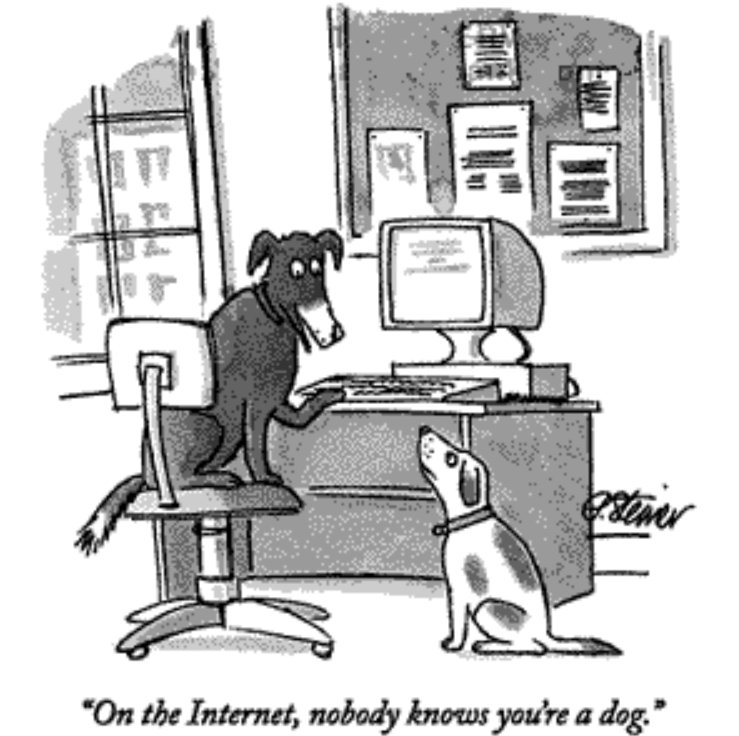One said that astrology could give you REs (e.g., a feeling of destiny).
One said that if someone gave you the evil eye, that would count as an (unpleasant) RE. 5/
You could argue: I perceive tables, chairs etc. therefore tables, chairs exist. Not a great argument, but why not.
Alston's claim: I perceive tables, etc. and thus come to hold justified beliefs about these objects (e.g., this table has 4 legs) 8/
Still, he will focus on non-sensory mystical perception as the canonical example of mystical perception 11/
E.g., I see a house = the house appears to me (blue roof etc).
Similarly, my MP of God = God appears to me (as loving etc) in a certain way 18/
I'm fascinated by this report
"46% of Americans report feeling a deep sense of wonder about the universe on a weekly basis" 21/
pewforum.org/2015/11/03/cha…
This is not logical circularity because the conclusion that sense perception is reliable is not used as one of the premises. Still fishy tho 26/
S’s belief that p is justified if and only if it has a sufficiently reliable causal source. 27
* How do I establish the process is reliable in a non-question begging way?
* generality problem for reliabilism (Conee and Feldman): what's the relevant process and how to establish it? E.g., my seeing Tina is it sight, or sight by daylight etc 28/
We can form the belief that God is just bc God appears to us that way to us through RE, just like we can believe the bird is black bc the bird appears to us that way 30/
Fascinating but also disturbing 35/













